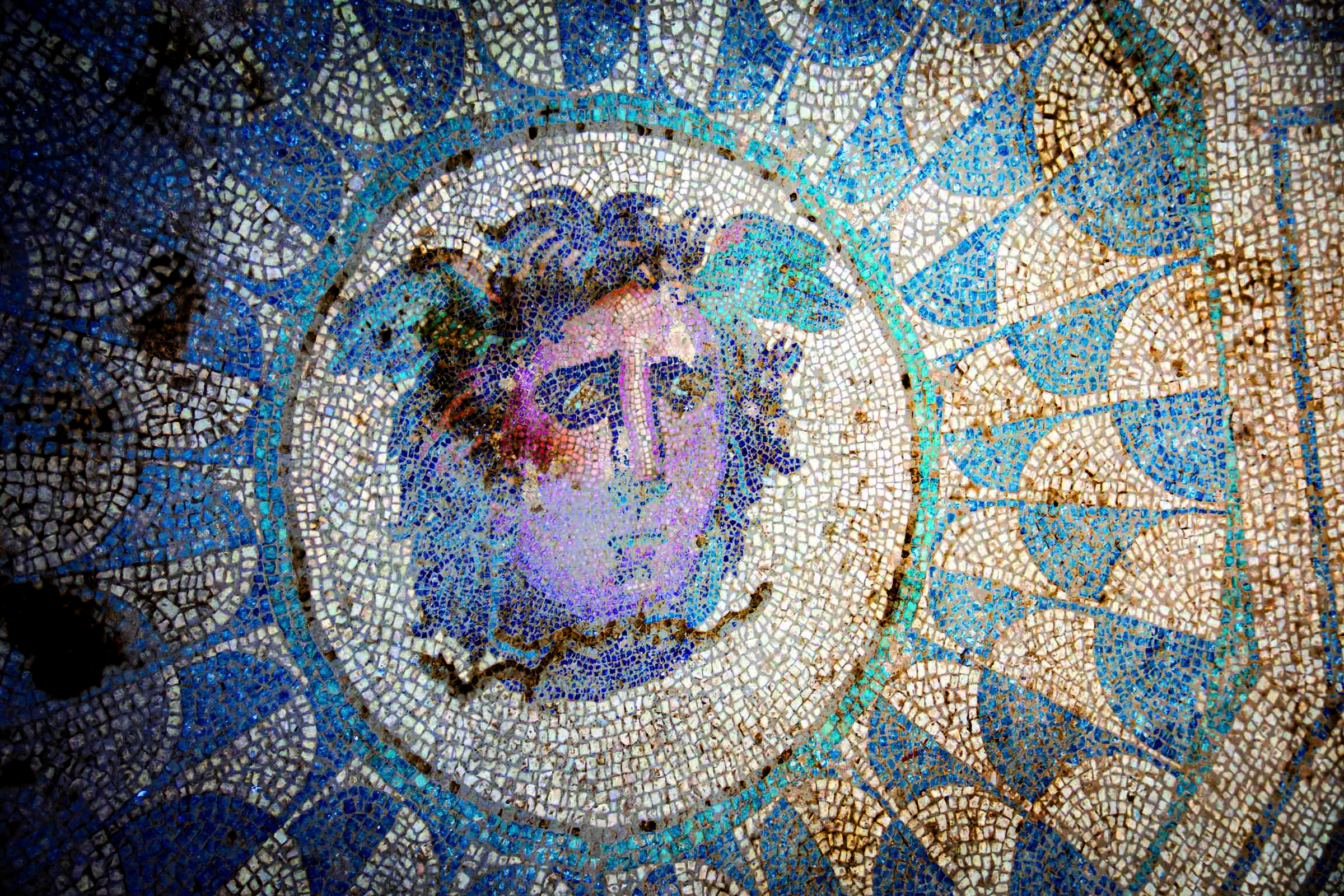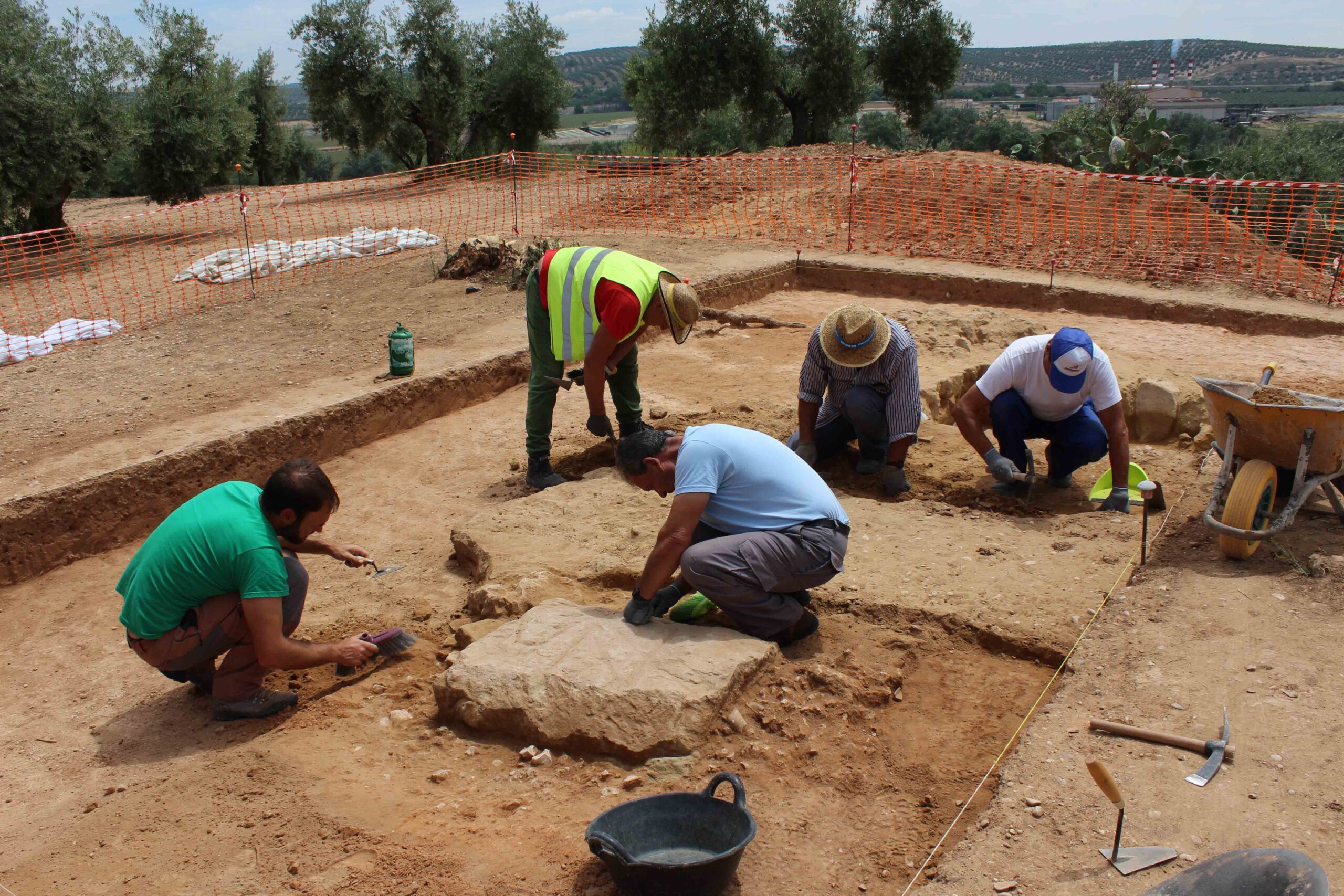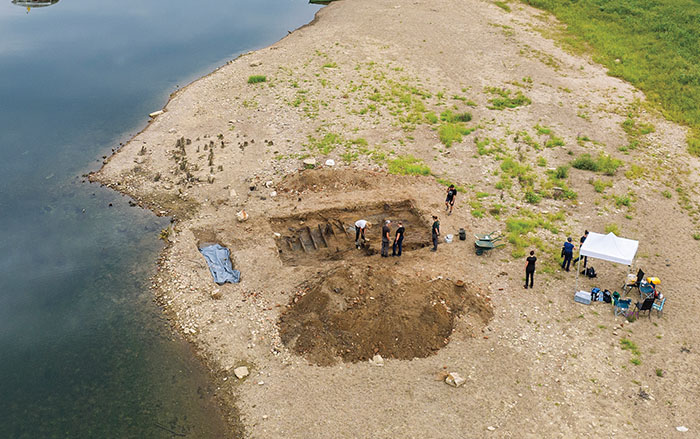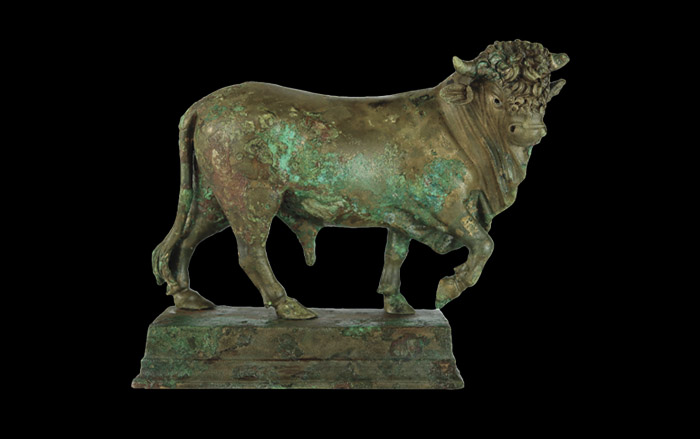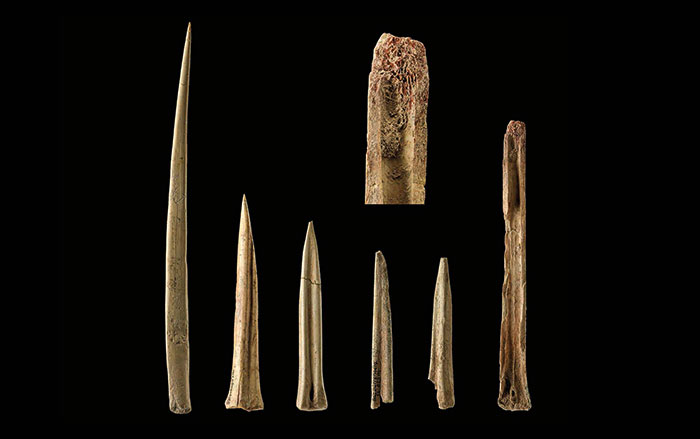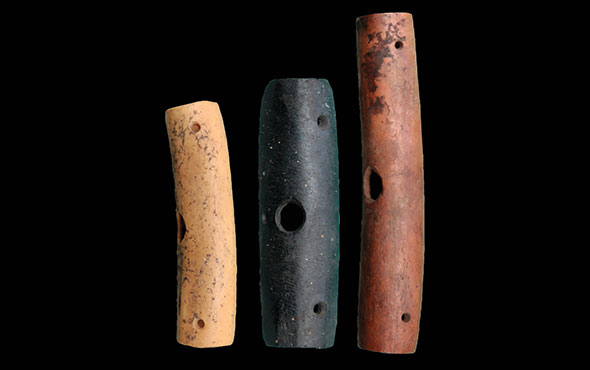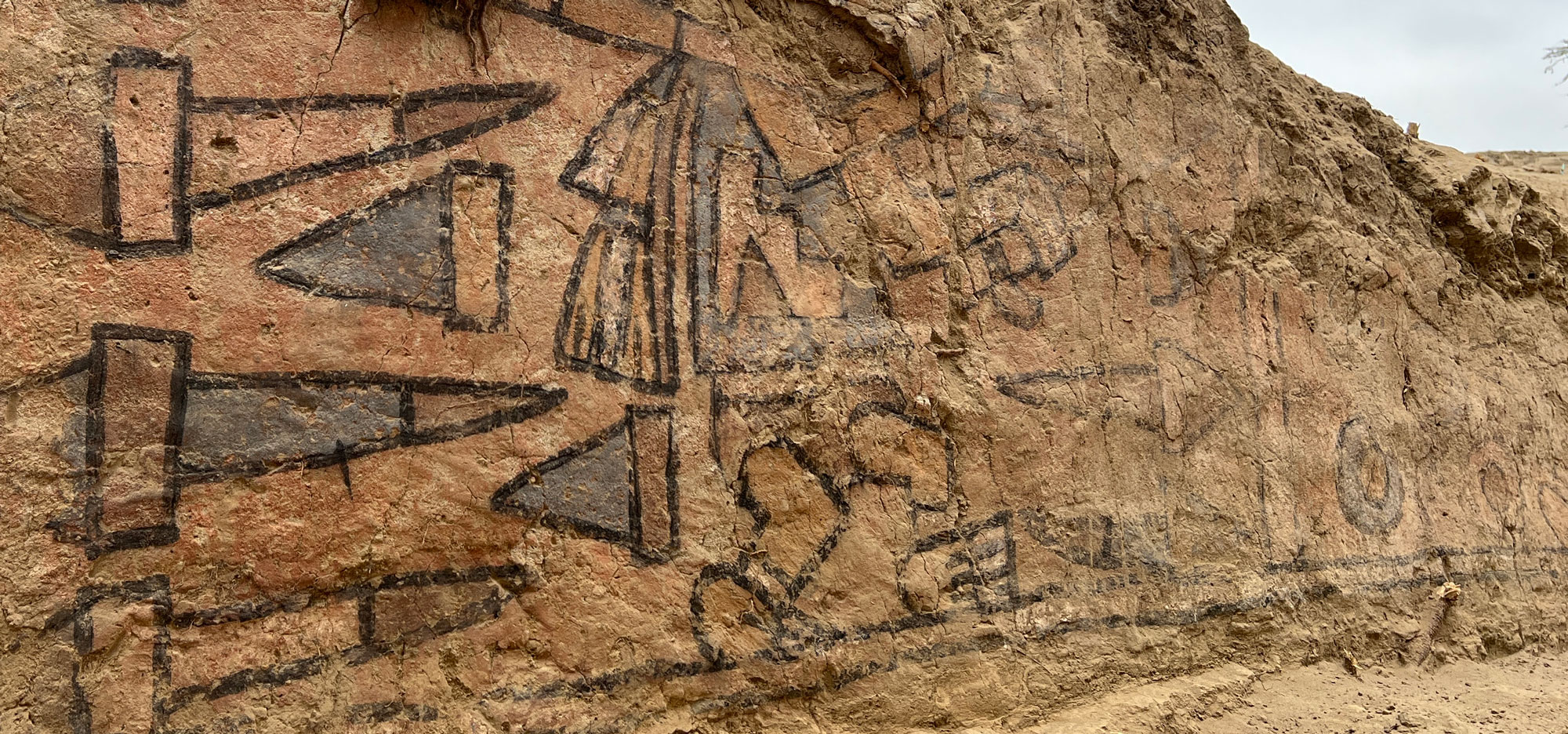
CÓRDOBA, SPAIN—According to a statement released by the University of Córdoba, a team of researchers led by chemist José Rafael Ruiz Arrebola has analyzed the contents of a 2,000-year-old vessel recovered from a mausoleum in southern Spain’s Roman city of Carmo. The mausoleum held the remains of six individuals in six urns, one of which was made of glass. The remains of a woman who died between 30 and 40 years of age were found in this glass urn, along with traces of a cloth bag that held a rock crystal flask sealed with a stone and bitumen and three amber beads. The well-preserved material inside the flask was examined with X-ray diffraction, gas chromatography, and mass spectrometry. The study determined that the ointment base had been made from a vegetable oil, perhaps olive oil, while the scent was derived from Pogostemon cablin, a plant from India used to produce the scent patchouli. The high quality of the flask holding the scent suggests that it was a valuable product. Read the original scholarly article about this research in Heritage. For more on Roman Spain, go to "Making an Entrance."


